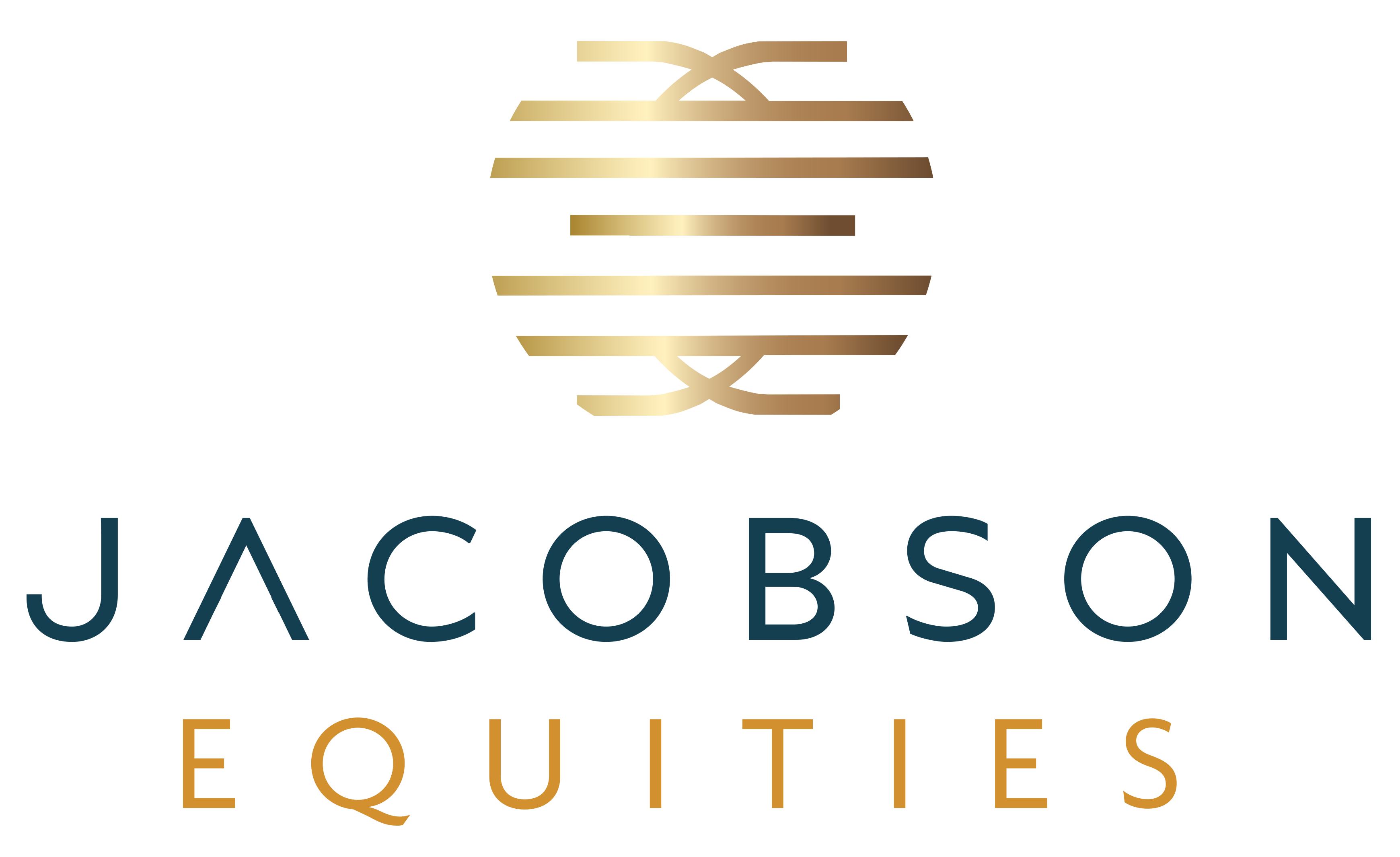When someone decides to invest in a tech stock, they don’t blindly assume that each stock will perform the same. Apple, Microsoft, Amazon, Google – each of these behemoths has its own business model that will influence how their stocks perform. An investor will want to understand the leadership at the helm of each of these companies, including their investment philosophy, current and projected valuations, and potential returns for investors.
The same is true when investing in real estate. Just as each tech company has a CEO and Board of Directors, each real estate investment is spearheaded by a sponsor and/or a team of people who oversee the day-to-day of that deal. The adeptness of a sponsor can make or break a deal. The same deal, spearheaded by two different sponsors, can result in dramatically different outcomes.
As such, any prospective investor will want to carefully vet a sponsor prior to investing in a deal together. Today, we look at the key attributes a sponsor should posses and how these attributes (or lack thereof) can influence an investor’s returns.
The Role of the Sponsor in Real Estate Investment
The sponsor is perhaps the most important player that influences whether a real estate deal will be successful or not. The sponsor, sometimes referred to as the general partner or developer, is the person or entity spearheading a deal on behalf of passive investors. The sponsor carries tremendous responsibility—including deal identification, underwriting, acquisition, arranging debt and equity, overseeing construction, lease-up and eventually, refinancing or disposition. The sponsor will usually have a team of people working alongside them, each with specific experience related to each of these items. In short, the sponsor is who you are entrusting with your hard-earned capital and who you are counting on to execute their business plan effectively.
How to Evaluate a Real Estate Sponsor
Real estate sponsors can run the gamut, from an individual with little experience to a large, national corporation that has hundreds of employees and dozens of deals in the pipeline at any given time. Just as an investor would carefully vet a specific real estate deal, they will also want to carefully vet the real estate sponsor bringing them that deal. Since the success of the deal is so dependent upon the sponsor’s ability to execute, you will want to get to know the sponsor before making an investment. Here are a few key considerations to look at when evaluating real estate sponsors.
Real Estate Experience
A sponsor’s real estate experience is obviously important. But real estate experience, generally, is not sufficient. An investor will want to look at whether a sponsor has experience with that specific asset class, in the geography they’re considering, with the business plan strategy they’ve proposed. For example, a sponsor who has only done one or two value-add multifamily projects, each with fewer than 20 units, may not be adequately prepared to undertake a large, ground-up mixed-use development project that still needs to go through the entitlement process. Ground-up development, as experienced sponsors know, can be risky. There is usually a long lead time associated with securing the permits needed prior to construction; anyone involved in new construction will need to know the ins- and outs of this process well, which can vary from market to market.
When considering a sponsor’s track record, be sure to consider how that sponsor has fared through multiple real estate cycles (if at all). One of the benefits to working with an experienced sponsor is that generally speaking, they have shepherded deals through economic ups and downs. They can apply that experience in a measured way to a recession or even unprecedented economic challenges. In the event of a black swan event for example– be it 9/11 or a global pandemic – an experienced sponsor offers investors a steady hand on the wheel as they navigate uncharted waters.
Experienced sponsors presumably have given their projects a stronger chance at success through their underwriting, both by making reasonable revenue and expense assumptions but also by not taking on excessive leverage. They might put more of their own equity into the deal. In any event, a lack of experience should be baked into the deal’s risk profile and investors should be adequately compensated for this increased risk through higher returns. Conversely, a highly-qualified sponsor usually equates to lower risk and investors might therefore expect marginally lower returns as a result.
Local Market Knowledge
Local market knowledge is a critical attribute of successful real estate investment. A sponsor should have specific knowledge pertaining to the local market, even if they are not based in that market. Local market knowledge factors into the sponsor’s ability to underwrite deals appropriately. For example, a sponsor who knows a market well may look at a deal and realize that in-place rents are 10 to 15 percent below market. That same sponsor may determine, based on their market knowledge, that to increase rents to market rate, certain improvements are necessary. These improvements will be based on what they know about the local demographic and the competition’s units and amenities. For instance, stainless steel appliances and stone countertops may not be justified in every market. It could be a laminate market. In order to invest properly (and not overinvest), a sponsor needs to have a strong grasp of local dynamics – including the market today as well as an understanding of the market’s direction in the months and years to come. Job growth, supply and demand, and local demographics will all influence how a market is poised to fare and are factors to which a sponsor should be acutely attuned.
Approach to Leverage
An experienced sponsor will likely have an existing pool of investors, and depending on the depth of this pool, will have no trouble raising capital. The more equity they are able to raise for their deals, the less likely they are to become over-levered with debt. A sponsor with less experience may need to put more debt on a property simply because they are not able to raise the equity they need to lower this ratio.
This is important because, in the event something goes sideways (with the deal itself or with the economy), a sponsor who is over-levered can quickly find themselves underwater. It is difficult to refinance a loan when you are already highly leveraged. Maintaining a healthy debt service coverage ratio is something experienced sponsors will pay close attention to.
In addition to the amount of leverage, also consider what type of leverage the sponsor is utilizing. Is it floating rate? Fixed rate? Consider the advantages and disadvantages to both under the specific circumstances (the deal itself, interest rates, inflation projections, etc). Also look at the source of debt, including whether the sponsor has strong banking relationships. Someone with a strong banking relationship will have an easier time restructuring their loan in the future than someone who is relatively unknown to their lender.
Quality of Presentation Materials
When a sponsor brings an opportunity to investors, their presentation materials will typically include a description of the property, an overview of the local market, the investment criteria and projected returns, and an overview of the sponsor’s background and expertise. How they present this material to prospective investors is important. There are some young, inexperienced sponsors who prepare materials very well and others, even those with more industry experience, who do not.
The quality of materials presented to prospective investors is important. Whether an investor decides to read through the package cover-to-cover, or whether they merely skim the documents for investment highlights, putting effort into these materials shows that a sponsor understands the nuances of the deal. These materials should describe project risks, as well as why the sponsor feels this deal is worthwhile given the micro-location, market fundamentals, competing property performance and where the subject property fits into the marketplace, both at acquisition and going forward. The thoroughness of these materials says a lot about whether a sponsor is adept or not.
If there is something missing from a sponsor’s presentation materials, do not be shy about requesting more information. By the time a sponsor brings a deal out to investors, the sponsor has already vetted dozens, if not hundreds of deals. The sponsor should be equally as excited about this opportunity and should want to discuss deal specifics in more detail with investors. For example, if the deal is in California and you are worried about rental regulations, ask the sponsor how they feel about impending legislation. The sponsor should be thinking about these same issues too, and should be able to discuss their rationale for wanting to invest nevertheless – particularly if this information was not already included in the offering materials.
Alignment of Interests
Ultimately, it is important that the sponsor and investors’ interests are aligned. There are a few ways to gauge whether this is the case. First, look at whether the sponsor is contributing their own equity to the deal and if so, to what degree. When a sponsor has substantial “skin in the game,” they are equally motivated to ensure a deal goes smoothly, meeting its milestones and benchmarks accordingly.
Another way to assess alignment of interests is by looking at how the sponsor earns their income. Some sponsors, particularly newer sponsors who do not have an existing portfolio, have no choice but to chase deals in order to earn their income. For example, they may charge an acquisition fee that they need to pay their staff. They might need to charge development fees in order to fund ongoing operations. Of course, all sponsors want to do deals, but there’s a difference between those who want to versus those who have to. Those who have to may be chasing deals for the wrong reasons—or overpaying for properties—in either case, putting the investors’ hard-earned capital at risk. Be sure you understand a sponsor’s fee structure, as this influences their motivations over the lifecycle of a deal.
It All Boils Down to One Thing—Trust
As you can see, there are some discrete characteristics that differentiate real estate sponsors. While no sponsor is perfect, some are certainly better than others. Some are more experienced. Some are better prepared. Some have better knowledge about local markets, and so forth. When a sponsor displays all of these key attributes, it is a signal to investors that the sponsor is someone who they can trust.
And trusting the sponsor is the foundation upon which all investments should be built.
Building trust can take time. A sponsor who puts together a thoughtful, comprehensive investment summary and who shows investors how they plan to mitigate risk is certainly on the right track to earning that trust. However, sometimes trust is only fully earned after doing a deal together.
Investors who have not yet worked with a sponsor might instead turn to other investors for advice. Take time to learn about the sponsor’s reputation. What do others feel about this sponsor? Is the sponsor honorable? How have their deals performed? In a best-case scenario, you will have a trusted friend or family member who can provide unbiased feedback to you about this sponsor based on their own personal experiences.
Conclusion
There are many highly qualified sponsors in the marketplace today. Those who vet multiple sponsors will generally find that each sponsor is unique in their own way. Each offers something slightly different—whether that’s related to their investment approach, asset class, geography, experience or more.
Before investing with any sponsor, consider the key characteristics outlined above. Be sure you understand the sponsor’s investment philosophy and then determine whether that philosophy aligns with your specific goals, needs and interests. The success of any real estate investment often boils down to the caliber of the sponsor, so you want to be sure that sponsor is properly equipped to invest your money according to plan.
Are you considering investing in real estate? Contact us today to learn more about The Jacobson Company’s history, our team’s experience, and the specific investments we have in the pipeline. Through conversations like these, we can help you better understand whether our business model is a good fit for your investment objectives.


